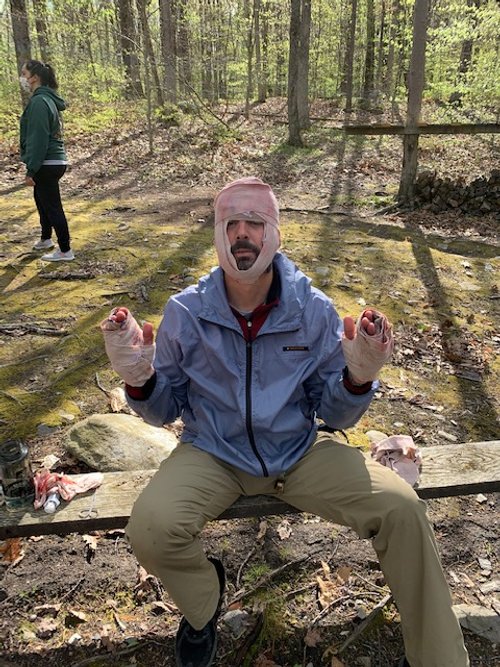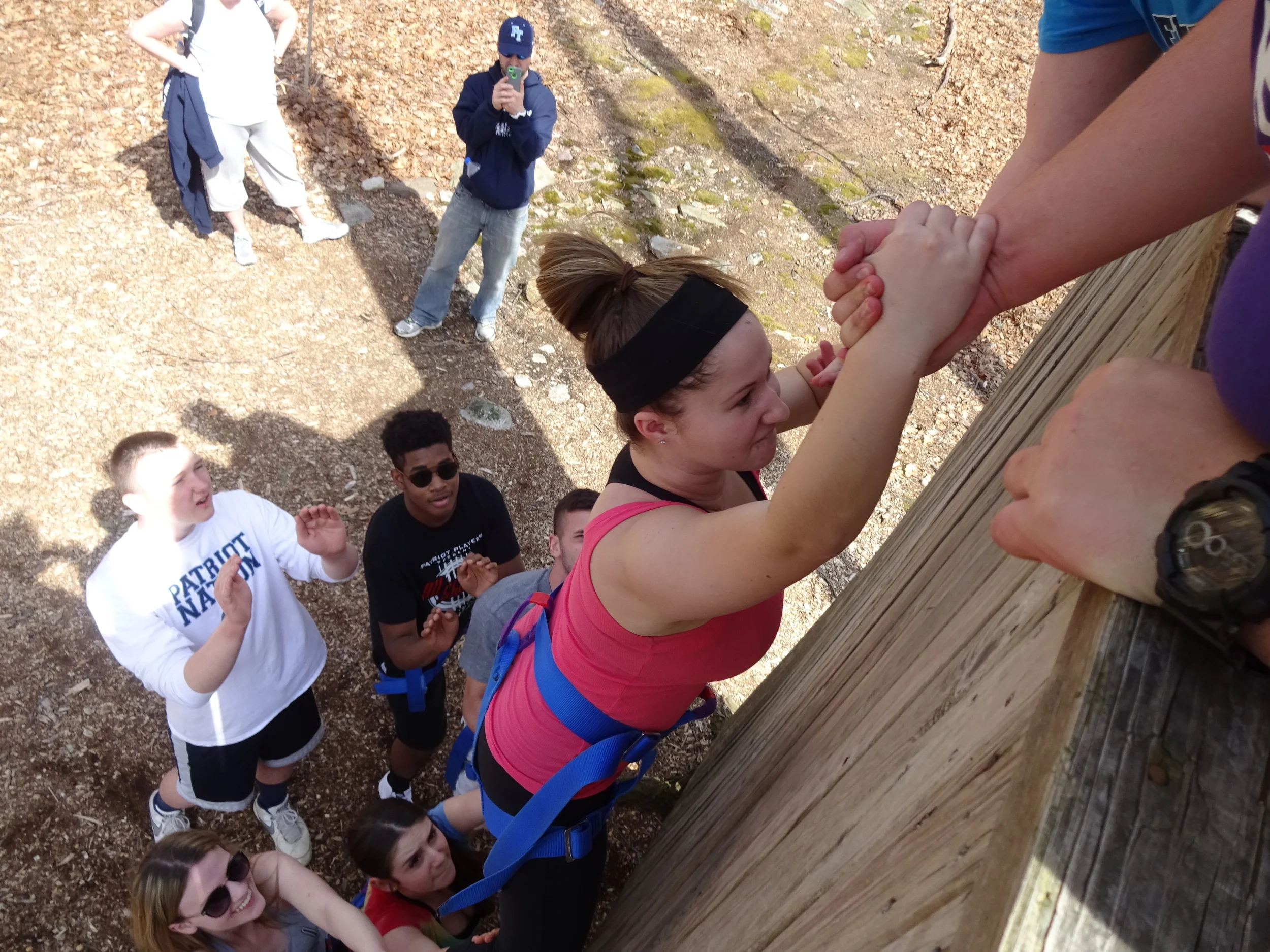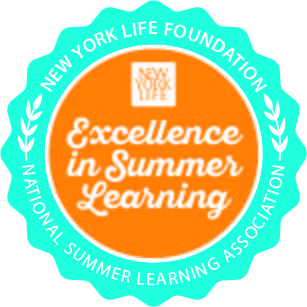Environmental Education and Historically Marginalized Communities
/A report published in 2020 called “The Nature Gap” investigated “the distribution of America’s remaining natural areas to understand the types and extent of disparities in nature access that exist in the United States.” The results of the report undoubtedly show the unequal distribution of people’s access to nature in America.
Results from the analysis showed that:
· 74% of people who identify as Nonwhite live in a nature-deprived area in the United States
· Communities who classify as low-income are 76% more likely to experience nature deprivation
· Families with children are far less likely to live in an area with nature nearby
Access to nature is essential to the health and well-being of everybody, but especially children. In Childhood Development and Access to Nature, authors Strife & Downey report that “the positive effects of nature exposure include improved cognitive functioning (including increased concentration, greater attention capacities, and higher academic performance), better motor coordination, reduced stress levels, increased social interaction with adults and other children, and improved social skills.” .
One of the solutions put forth in “The Nature Gap” to help rectify the inequal distribution of nature in the U.S. caused by systemic racism is to bolster education and outreach programs to help overcome the nature gap among children. Princeton-Blairstown Center is an experiential education organization that can help. The Center has provided experiential, outdoor education to youth from historically marginalized communities for over 115 years.
Venture Out is the Center’s newest program designed to provide youth with access to environmental education. This program is offered free of charge to middle school students in the Trenton Public School District. Venture Out provides students with inquiry-based, hands-on environmental education and social-emotional learning sessions that aim to help students engage more deeply with science and the scientific method, understand that science is fun, and provide opportunities to explore future STEM careers.
Officially kicking off earlier this month, the program has already proved successful in providing positive learning experiences for youth and connecting young people with nature. One student said that they had a positive experience because “while spending my time at the Princeton-Blairstown Center I felt more connected to nature and the variety of animals that call it home. I also feel more informed on those animals and how they live, sleep, eat, or even sound.”
In order to continue to provide equitable access to nature and provide youth from historically marginalized communities with high-quality programs like Venture Out, consider supporting Princeton-Blairstown Center with a one-time or monthly donation.























